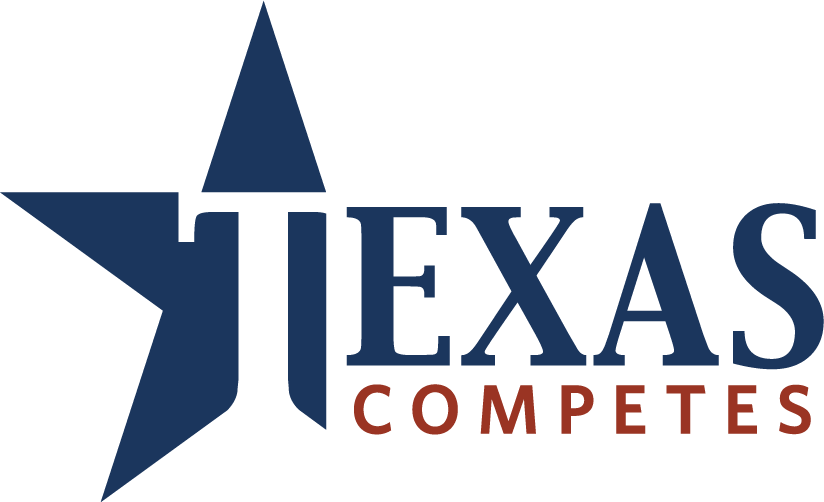Americans Are Embracing Transgender Rights
Change in America is a funny thing. It took two centuries for the country to agree that a black woman could marry a white man. On the other hand, same-sex marriage bans collapsed just a decade after the first state awarded recognition to gay couples. And there’s new evidence that national views are swinging even more quickly when it comes transgender Americans.
A poll released today by the Public Religion Research Institute found 72 percent of Americans now favor passing laws to protect lesbian, gay and transgender people from discrimination, including three-quarters of Democrats and two-thirds of Republicans. A majority of Americans also oppose so-called “bathroom bills,” which require transgender people to use the restrooms that correspond to their sex at birth.
The poll found Americans are so supportive of federal non-discrimination legislation that most think it already exists. Just over 80 percent of Americans believe the federal government already bars employers from firing gay or transgender employees because of their orientation or gender identity. (It doesn’t.) “People in their head just logically think, if marriage is legal, then workplace protections must also be in place,” said Robert P. Jones, PRRI’s CEO.
Support for those protections hasn’t actually grown all that much in the past year—just one percentage point, up to 72 percent. (Non-discrimination laws have always been more popular than marriage equality, Jones said; it’s a historical accident that the tougher fight was won first.) But it appears that personal friendships are driving a new awareness of trans issues. In 2015, a Human Rights Campaign survey found 17 percent of Americans knew a transgender person. This year, that figure jumped to 35 percent. Trans rights seem to be following the path of marriage equality—as people came to know the gay people in their own lives, support for same-sex marriages went up.
But—and not to be a party-pooper—hasn’t it also been a bit of a bad year? March saw the passage of North Carolina’s infamous HB 2, which banned local non-discrimination laws and required trans people to use the bathroom matching their birth gender. (The legislation, in a bit of conservative kitchen-sink-throwing, also barred local communities from passing a higher minimum wage or adopting stricter child labor rules.) Last year, Houston voters struck down the city’s non-discrimination ordinance, ending protections for gay residents amid a flurry of “No Men in Women’s Bathrooms” signs. And just this week, Scottsdale, Arizona,killed its own non-discrimination proposal after a city councilor demanded a small-business provision that would exempt three-quarters of the city’s establishments.
Perhaps Americans are eager to support gay rights in theory, but more reticent when an actual proposal lands in their community. But Jones doesn’t think so. Respondents are usually more willing to cop to an unpopular opinion in an online poll versus a live-caller survey, but PRRI didn’t see any disparity between the two methods on questions about gay issues. Support is probably genuine, he concluded; it’s the Republican elites who haven’t caught up with the electorate, starting battles that many voters don’t want to fight.
Indeed, a rising number of folks on both sides of the aisle believe it’s unacceptable to oppose same-sex marriage: Forty-four percent of Americans now say they wouldn’t vote for a presidential candidate who is against gay unions. Though Republicans are less likely than Democrats to think gay and transgender people face discrimination, 62 percent of GOP voters support workplace and housing protections. (They’re a bit more split on bathroom accommodations—44 percent support restrictions, 44 percent don’t.)
“For elected officials, there is everything to gain and nothing to lose by supporting employee discrimination protections,” said Brandon Lorenz, a spokesman for the Human Rights Campaign. “In a political climate where so much is polarized, the issue of LGBT equality is one issue where both sides are coming together.”
To be clear, GOP leaders do have something to gain by opposing gay causes—the support of the religious right. But even that may be changing. For a long time, an individual’s opinion on gay rights was closely linked to their party and their religion. Party identification is still a strong dividing line to this day. Religion is less so. Among every demographic, fewer people see a conflict with their faith and acceptance of gay couples now than they did in 2003. That might not translate into votes yet. But it’s more evidence that change is coming, and ever more rapidly.

